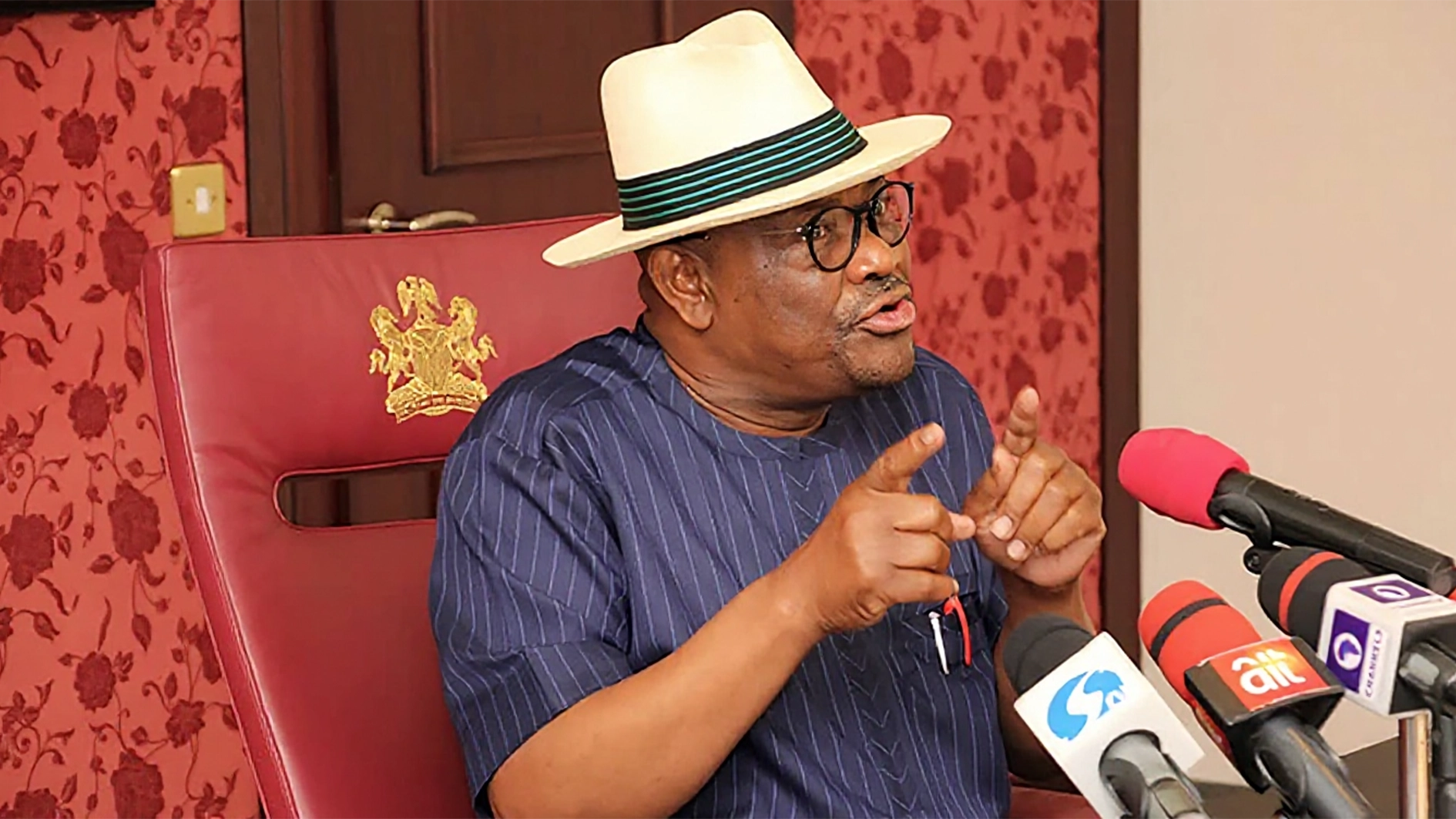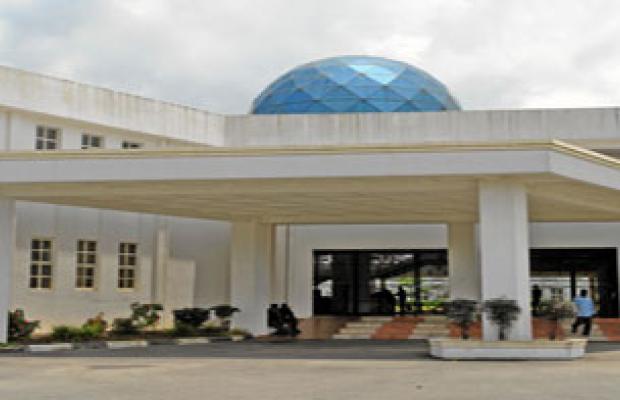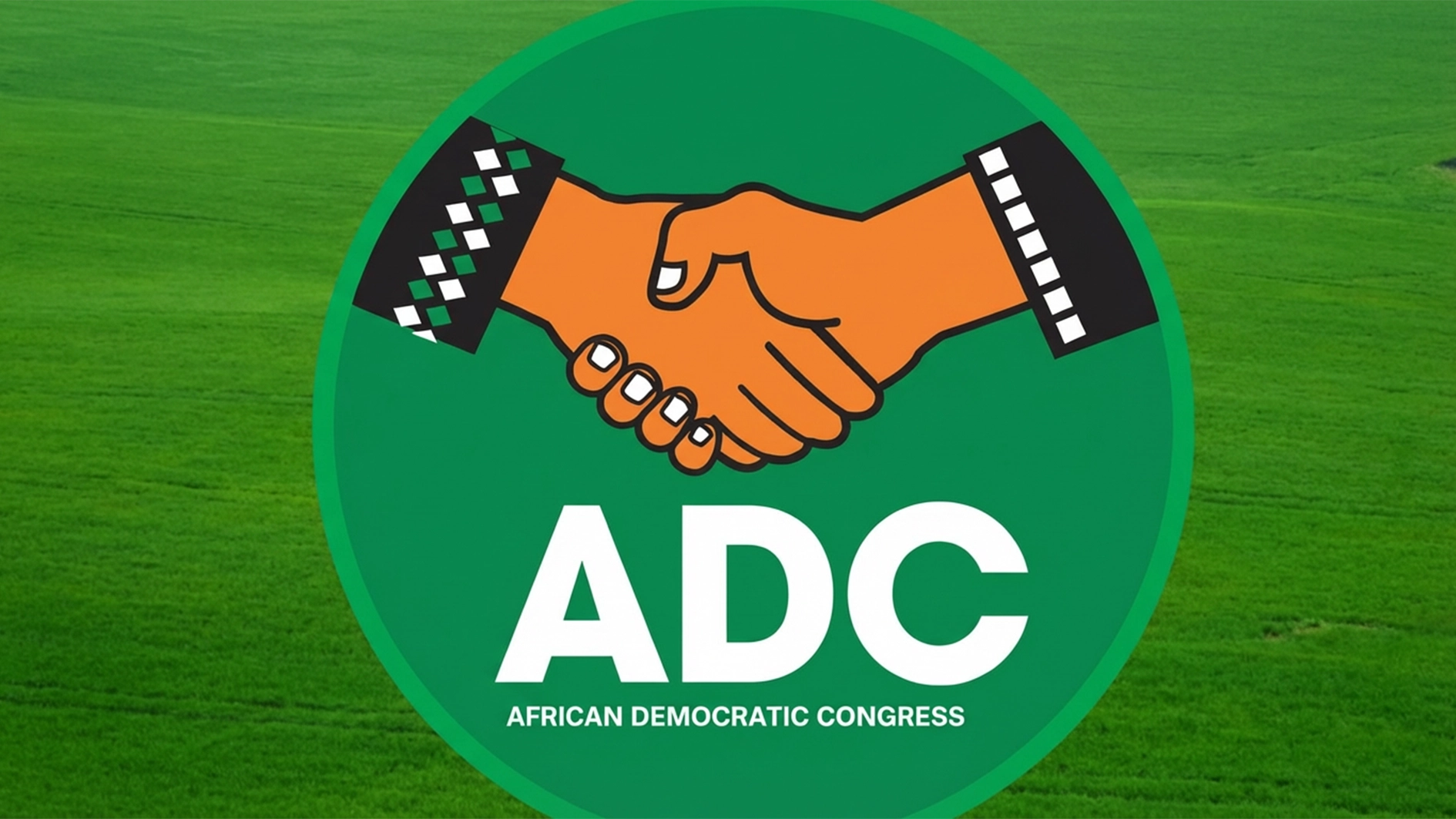The Socio-Economic Rights and Accountability Project (SERAP) has called on Professor Joash Amupitan, the President’s nominee for chairman of the Independent National Electoral Commission (INEC), to make the prosecution of electoral offences a priority if confirmed by the Senate.
In a letter dated 11 October 2025 and signed by SERAP deputy director Kolawole Oluwadare, the organisation urged Amupitan to “prioritise and ensure the effective prosecution of politicians and their sponsors who are suspected to be responsible for electoral offences, including violence, bribery, vote-buying, conspiracy, and undue influence during the general elections and off-cycle elections since 2015.”
The letter also highlighted the need to amend the Electoral Act 2022 to strengthen the conduct of elections in 2027, stating, “Any reform of the Electoral Act should include provisions for the timely prosecution of electoral offences and access of voters to justice and effective remedies for violations of their fundamental rights.”
SERAP warned that persistent impunity for electoral offences undermines democratic participation and public confidence in INEC.
“Impunity for past electoral offences is a major barrier to free and fair elections in Nigeria. Mr Amupitan must demonstrate that INEC under his watch would not tolerate electoral offences in the country’s elections,” the letter read.
The organisation drew attention to trends in recent elections, noting, “The general elections and off-cycle elections conducted since 2015 have been characterised by grave electoral offences, including violence, bribery, vote-buying, conspiracy, and undue influence, making a mockery of INEC.”
It further observed that “high-ranking politicians and their sponsors are rarely brought to justice for electoral offences, reinforcing a culture of impunity for violations of Nigerians’ democratic rights.”
SERAP emphasised the broader implications for human rights, stating, “No right is more precious in a democratic society than that of having a voice in the election of those who govern the citizens, and other rights, even the most basic, are illusory if unresolved electoral offences are not thoroughly investigated and prosecuted, and voters are not provided with access to justice.”
The cautioned that SERAP may consider legal action if recommended measures are not implemented, asserting, “We would be grateful if the recommended measures are taken upon your confirmation by the Senate and your assumption of office. Should you and INEC fail to act as recommended, SERAP shall consider appropriate legal actions to compel you and INEC to comply with our request in the public interest.”
SERAP argued that addressing impunity and ensuring accountability would support the proper functioning of Nigeria’s democratic and electoral processes, enhance public trust in INEC, and safeguard citizens’ rights to participate in free and fair elections.
The letter read in part: “High-ranking politicians and their sponsors are rarely brought to justice for electoral offences, reinforcing a culture of impunity for violations of Nigerians’ democratic rights.
“There cannot be a fair electoral process if the body managing the electoral process fails to ensure the effective investigation and prosecution of electoral offences and access of voters to justice and effective remedies.
“No right is more precious in a democratic society than that of having a voice in the election of those who govern the citizens, and other rights, even the most basic, are illusory if unresolved electoral offences are not thoroughly investigated and prosecuted, and voters are not provided with access to justice.
“We would be grateful if the recommended measures are taken upon your confirmation by the Senate and your assumption of office. Should you and INEC fail to act as recommended, SERAP shall consider appropriate legal actions to compel you and INEC to comply with our request in the public interest.
“The persistent failure by INEC leadership to ensure the effective investigation and prosecution of electoral offences makes a mockery of Nigeria’s electoral process and participatory democracy and undermines public trust in the electoral body.
“The 2027 general elections and the off-cycle elections are crucial for the promotion and protection of the human rights of Nigerians.
“Ensuring accountability and ending the impunity of perpetrators of electoral offences would enhance Nigerians’ rights to participate in their own government including to vote in free and fair elections, as well as ensure respect for the rule of law.
“The effective prosecution of electoral offences and access of voters to justice and effective remedies would serve a legitimate aim, namely, the proper functioning and maintenance of the democratic and electoral processes.
“It would also enhance the integrity of the electoral process and public trust and confidence in the ability of INEC under your leadership to impartially and independently carry out your responsibilities.
“The crisis confronting the country’s elections and lack of public trust and confidence in the electoral process can be addressed if impunity for electoral offences is combated through a transparent, credible and effective investigation and prosecution of suspected perpetrators.
“Electoral offences are clearly contrary to the express provisions of the Nigerian Constitution, the Electoral Act and international standards.
“Persistent cases of electoral offences in the country’s elections gravely violate Nigerians’ right to vote, which is central to the effective participation of every citizen.
“The Nigerian Constitution provides in Section 14(1)(c) that, ‘the participation by the people in their government shall be ensured in accordance with the provisions of this Constitution.’
“Sections 121 and 127 of the Electoral Act prohibit electoral bribery and undue influence before, during and after any election. Section 145(2) provides that, ‘a prosecution under this Act shall be undertaken by legal officers of the Commission or any legal practitioner appointed by it.
“Similarly, the International Covenant on Civil and Political Rights, the African Charter on Human and Peoples’ Rights, and the African Charter on Democracy, Elections and Governance guarantee the right to political participation, including the right to vote.
“These human rights treaties to which the country is a state party contain broad provisions on the right of Nigerians to democratic elections.
“The right to vote is fundamental and is the essence of a democratic society, and any restrictions on that right strike at the heart of representative government. Nigerians should have the final say in the election of governmental officials.
“According to the African Union’s (AU) Declaration on the Principles Governing Democratic Elections in Africa, AU member states including Nigeria must ‘take all necessary measures and precautions to prevent the perpetration of fraud, rigging or any other illegal practices throughout the whole electoral process, in order to maintain peace and security.’”






